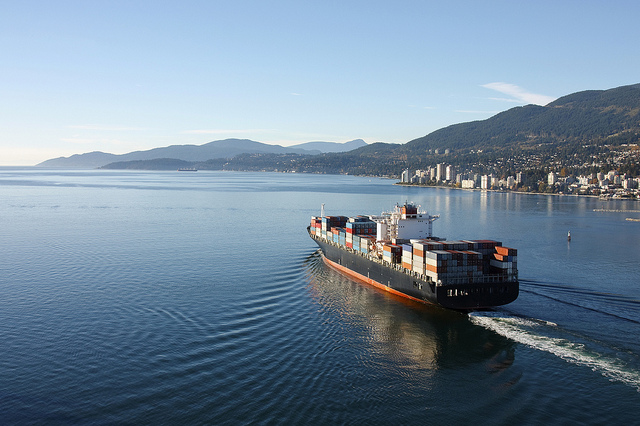
Paul Ryan’s New National Security Proposal
On Thursday June 9, 2016, House Speak Paul Ryan announced a new national security platform as part of a series of policy options, called “A Better Way.” This paper calls for strengthening the United States’ foreign policy posture through Congress. With the powers to fund the military, regulate commerce with foreign nations, and to declare war, the Speaker believes that the legislative branch should take the lead on national security.
The Speaker argues that the key to keeping Americans safe at home and abroad is to bolster of the country’s economic competiveness around the world. Open markets and free trade are key to not only expanding the American economy, but also key to promoting the American values of freedom and democracy abroad. With prosperity as key to national security, securing free markets and strategic investments will allow the United States to:
- Negotiating beneficial trade agreements that improve our economy and create jobs at home.
- Advancing the role of trade in expanding development abroad.
- Prioritizing foreign aid programs that build self-sufficiency in partner countries.
- Holding foreign aid recipients accountable and using clear benchmarks to measure success
He continues by stating that, “By delaying the development of strong trade deals, we give our competitors time to undermine the global system of trade that the United States has worked so hard to build… These agreements create common, high standards for trade around the world and make it easier for U.S. workers to compete.”
The Trans-Pacific Partnership (TPP) is the perfect opportunity for the United States to address its deficiencies in the global marketplace. Negotiated among twelve countries in the Pacific region, the TPP will lower or eliminate tariff barriers and develop production and supply chains among member states. It will increase member countrys’ access to foreign markets and promote domestic businesses. According to a World Bank report, the TPP is expected to increase the GDP and exports of each state with non-members suffering negligible losses. Overall, the United States will see an increase in its GDP and a double digit growth in its exports by the year 2030. Those that will benefit the most, like Vietnam, Malaysia, and Brunei will see double digit growths in both categories, which will help them escape poverty more quickly, thereby ensuring the economic and security interest of the United States.
Passing the TPP will enhance the United States’ position as an economic power, and as a leader of free trade and institutionalism. Speaker Paul Ryan is correct to identify trade as central to our national security. Trade creates interdependence and common interests that compel states to not act hostile towards one another because of the opportunity cost of forgoing the benefits of trade. It leads to economic growth, and in turn democracy, increasing engagement with international markets and institutions, and it leads to socialization and acceptance of international norms. It was only during times of trade restriction did the world experience its most volatile and dangerous moments in history.





